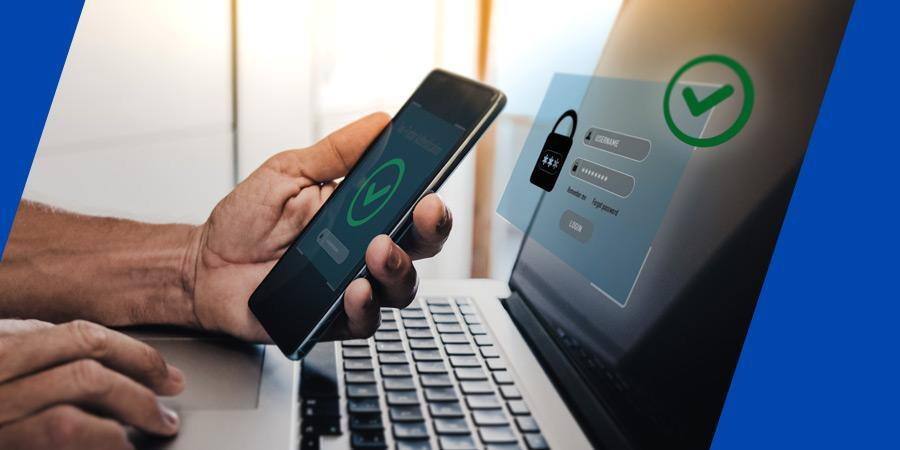Due to an increase in cybercrime and data breaches, safeguarding your online accounts and personal information is more crucial than ever. Passwords alone are no longer enough to protect sensitive data. This is where multifactor authentication (MFA) comes into play.
MFA adds an extra layer of security by requiring users to provide multiple pieces of evidence to verify their identity. In this article, we will discuss the importance of multifactor authentication and why you should enable it every chance you get.
1. Strengthens Your Online Security
The primary benefit of multifactor authentication is its ability to bolster the security of our online accounts. Passwords are often the weakest link in our digital defense because they can be easily guessed, stolen, or cracked.
By implementing MFA, an additional layer of security is added, making it much more difficult for attackers to gain unauthorized access. Even if a hacker manages to obtain a user's password, they will still need to bypass additional authentication factors such as fingerprint scans, one-time passwords (OTPs), or biometric data like a fingerprint or retina scan.
2. Protects You from Potential Account Takeovers
Account takeovers occur when cybercriminals gain unauthorized access to a user's account. This can have severe consequences like identity theft, financial fraud, and loss of sensitive information.
Multifactor authentication can significantly reduce the risk of account takeovers – even if an attacker has access to a user's password. With MFA enabled on an account, they would still need to provide the additional authentication factor. This adds an extra layer of protection and helps prevent unauthorized access to sensitive accounts such as online banking, email, or cloud storage.
3. Can Mitigate Phishing Attacks
Phishing attacks are one of the most common methods used by cybercriminals to trick individuals into divulging their login credentials. Their attacks often involve fake websites, emails, or text messages that mimic legitimate sources, in hopes of enticing users to enter usernames and passwords.
Multifactor authentication helps mitigate the effectiveness of phishing attacks by requiring an additional piece of evidence such as a code sent to a trusted device. Even if a user is tricked into providing their login credentials, the attacker would still need to bypass the second authentication factor, making the attack less likely to succeed.
4. It is Easy to Set up or Enable
Multifactor authentication doesn't have to be complicated or inconvenient. Most modern implementations of MFA offer user-friendly experiences that include push notifications, fingerprint scans, or facial recognition.
These methods reduce the hassle of remembering multiple passwords while providing an additional layer of security. Users can enjoy the convenience of quick and seamless authentication without compromising their account security.
And let's say your phone is lost or stolen, you lose your security code, or your authenticator app is accidentally deleted, there's still ways you can access an account. You can use an alternative MFA option (like a one-time code sent to your email), use a device that's still logged in (think of this as a backup device), or contact customer support.
5. Brings You in Compliance with Regulations
This applies to organizations more than individuals, but it’s still worth mentioning since many of us work for companies. Multifactor authentication has become a requirement for compliance with various regulations in different industries. For example, the Payment Card Industry Data Security Standard (PCI DSS) mandates the use of MFA for accessing cardholder data.
Also, the General Data Protection Regulation (GDPR) requires the implementation of strong and adequate security measures to protect personal data. By complying with these regulations, organizations can ensure the security and privacy of their customers' data.
Final Thoughts
By implementing MFA, both you and your organization can enhance the security of your online accounts and protect sensitive information from cybercriminals.
The benefits of multifactor authentication, which include stronger security, protection from account takeovers and mitigation of phishing attacks, make it an essential component of our digital lives. Embracing multifactor authentication is not only a smart and recommended decision – but a must-do to protect ourselves online.
